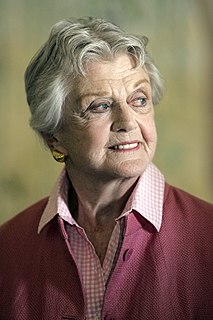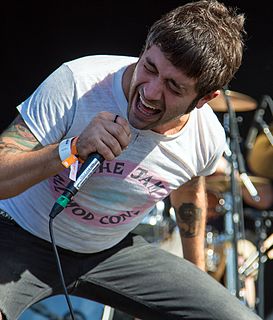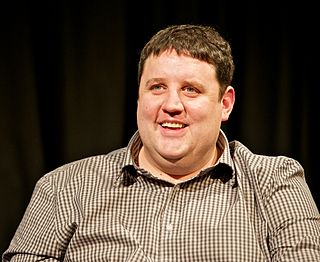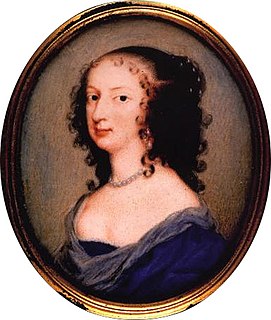A Quote by Angela Lansbury
Those of us who were 12 or 13 when the war started were absolutely thrown into the mainstream. We had to grow up instantly and take care of ourselves.
Related Quotes
We thought that the odds of things working OK were up in the upper 90 percent or we wouldn't have gone. But the - there were some problems cropped up on the flight but was able to take care of those OK and - although they were things that we hadn't really trained that much for. But it was the time of the Cold War and so there were was a lot of pressure on the - to get going and the Russians were claiming that they were - Soviets were claiming they were ahead of us in technology.
We were discovered by Don Fury; he was the first record producer who discovered us and essentially plucked us out of the rough. But I think in another way, we were discovered when we discovered each other, right before we started high school. We were 12 and 13. I don't want to speak for Justin Beck, but that's a big moment, linking up with your foil for the first time. Glassjaw definitely changed my life in the biggest way possible.
If you look back to the anti-intervention movements, what were they? Let's take the Vietnam War - the biggest crime since the Second World War. You couldn't be opposed to the war for years. The mainstream liberal intellectuals were enthusiastically in support of the war. In Boston, a liberal city where I was, we literally couldn't have a public demonstration without it being violently broken up, with the liberal press applauding, until late 1966.
I remember the moment in which we were taken hostage in Libya, and we were asked to lie face down on the ground, and they started putting our arms behind our backs and started tying us up. And we were each begging for our lives because they were deciding whether to execute us, and they had guns to our heads.
I mean, when we did 'Families At War,' on Saturday night prime time, people said we were mainstream then. But it wasn't in the least mainstream. The fact that we got that on BBC1 at that time with those ridiculous things, that's as mainstream as we get. We do what we do and people can think that it's mainstream or avant-garde.
Caring. And reading the Bible, learning about God, Jesus, love. He said, 'Bring on the children', 'Imitate the children', 'Be like the children' and 'Take care of others.' Take care of old people. And we were raised with those values. Those are very important values and my family and I we were raised with those values and they continue strong in us today.
We were together because we were addicted to each other. I was never as intoxicated as I was when we were happy together, and I knew it was the same for him. We were putting ourselves through the wringer for those moments of perfection between us, but they were so tenuous that only our stubbornness, determination and love kept us fighting for them.
The advertising men made it clear that there were two ways of looking at ideas in a war against fascism. Those of us who were working on the project believed ideas were to be fought for; the advertising men believed they were to be sold. The audience, those at home in wartime, were not 'citizens' or 'people.' They were 'customers.'




































